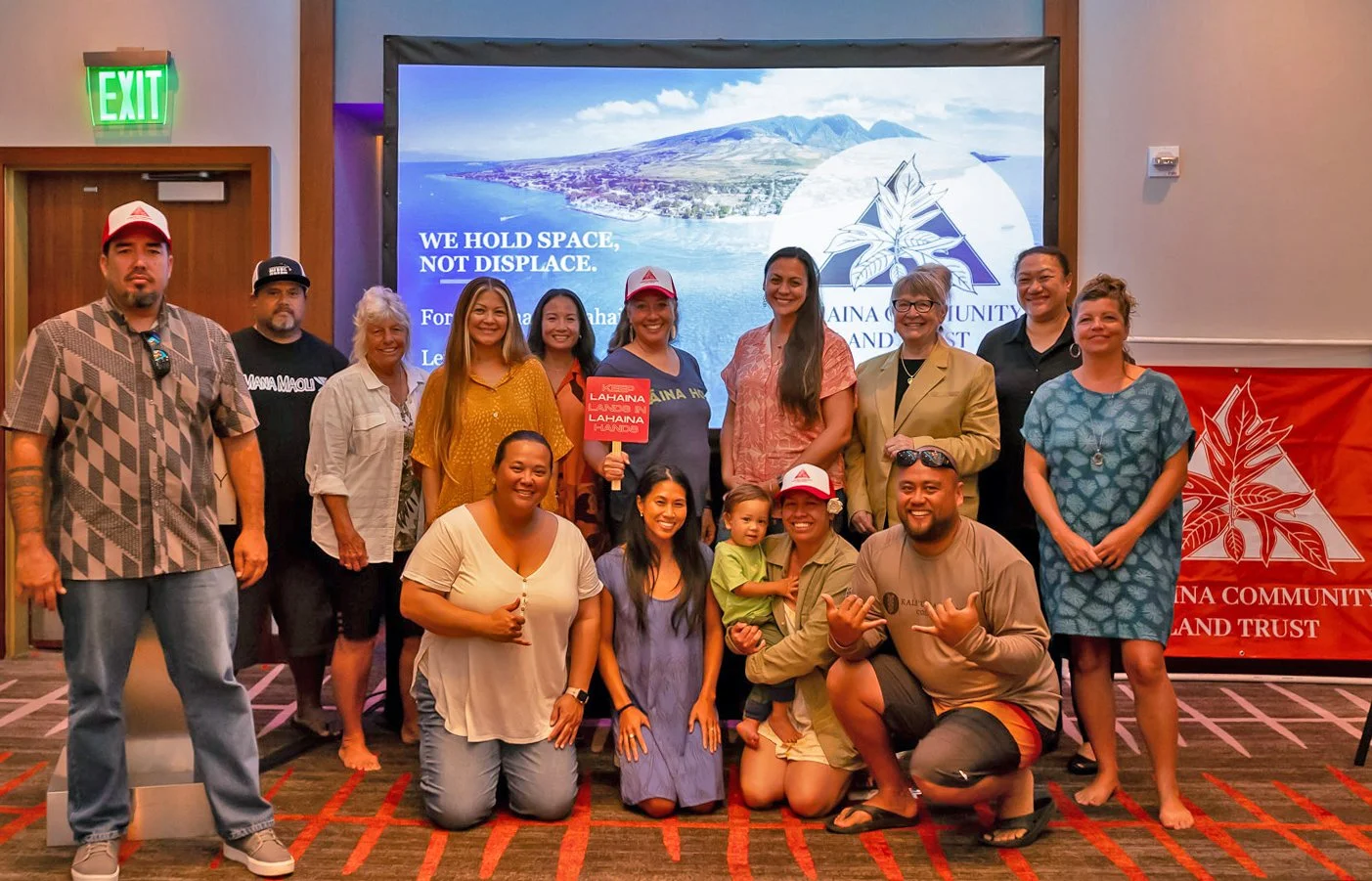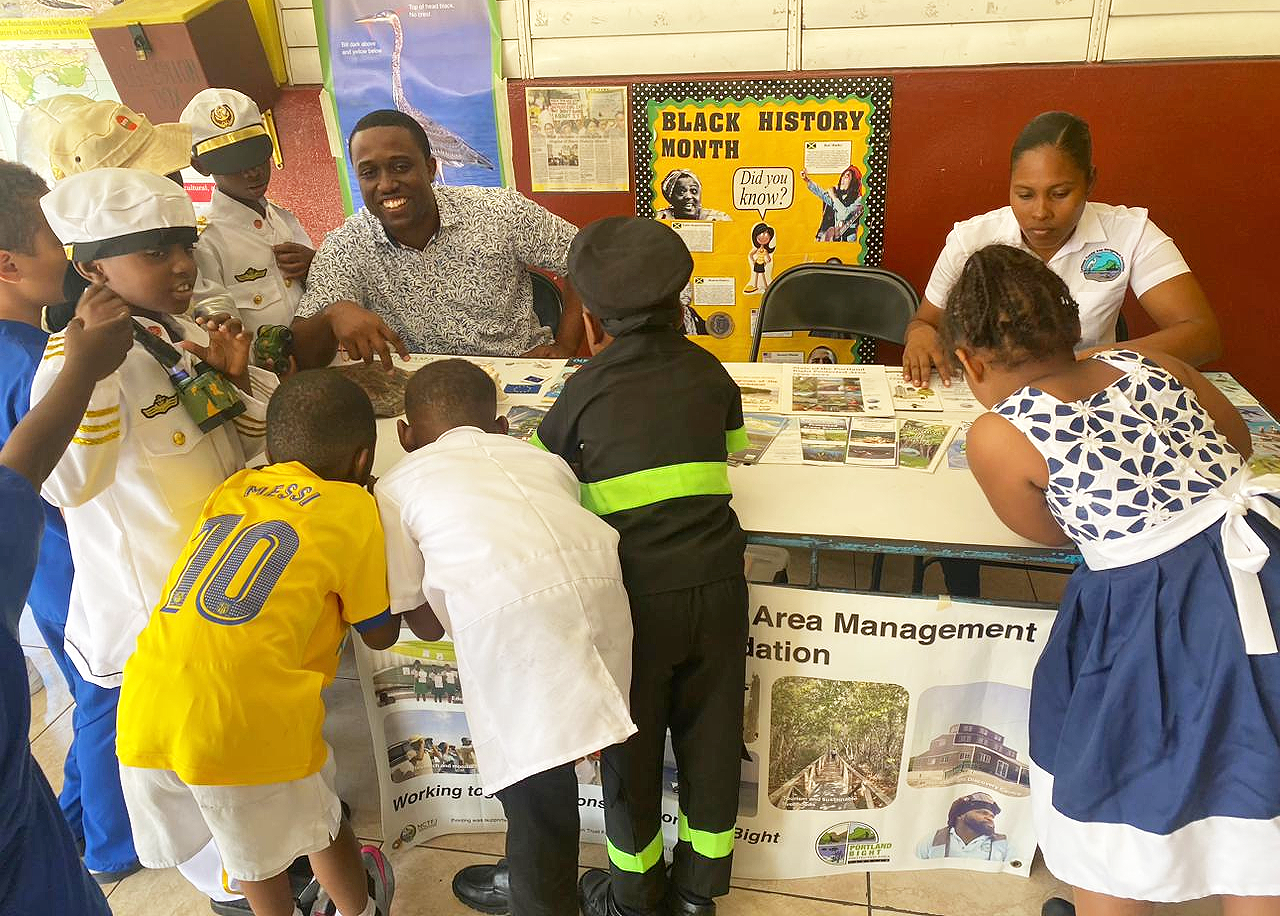Turning the tide on climate change for island communities
Partnering with island communities to build climate resilience anchored in equity and justice.
Our vision is climate resilience for island communities.
The Islands Fund helps build resilient island communities by mobilizing resources and supporting solutions that are equitable, inclusive and low-carbon.
Grant Awardees
Why our Work Matters
Island communities are on the frontlines of the climate crisis despite being least responsible for global emissions.
While highly vulnerable, indebted, and facing existential climate impacts, islands also have unique yet under-supported opportunities to achieve economy-wide decarbonization and climate breakthroughs.
Supporting high impact solutions, mobilizing catalytic funding and strengthening island partners can make a real difference.
The Islands Fund for Climate and Justice partners with island communities to rapidly scale up and strategically deploy funding for climate mitigation and resilience initiatives. We are the first and only pooled philanthropic fund with a geographic focus on islands. The Islands Fund provides strategy, coordination, and catalytic funding in response to the moral imperative and urgent need to support island communities as the least contributing and most impacted by climate change.
Who we are
© Greenpeace
Where we work
The Islands Fund for Climate and Justice partners with island communities to rapidly scale up and strategically deploy funding for climate mitigation and resilience initiatives. We are the first and only pooled philanthropic fund with a geographic focus on islands. The Islands Fund provides strategy, coordination, and catalytic funding in response to the moral imperative and urgent need to support island communities as the least contributing and most impacted by climate change.
Our principles guide our work
Demand-led
Giving is informed by and responsive to peoplesʻ needs on the ground. Strategies and interventions are grounded in local research and analytics, building from the expertise of local partners.
Catalytic
Funding catalyzes and unlocks additional support including from the private sector, and bilateral and multilateral funds. Projects and solutions provide lessons learned for multiple countries and have the potential to scale.
Locally grounded and community focused
Funding strengthens civil society organizations and community groups, prioritizing vulnerable communities and women-led initiatives in islands.
Building long-term capacity
Working with island grantees and partners to identify how funding support can advance projects as well as strengthening institutional capacity and long term organizational resilience of island civil society and community groups.
Agile, transparent and accountable
Operating nimbly and building flexible systems that maintain high levels of responsibility and accountability while moving funds swiftly to where they are needed. Minimizing the time between application and approval, with feedback loops through monitoring, learning and evaluation to help strengthen processes.
High impact
Opportunities at the intersection of climate action, empowering communities, and protecting the natural environment spark multiple benefits. We assess our program against impact objectives to ensure investments demonstrate real-world progress.
Our framework for lasting change
We believe in demand-led strategies that build local capacity and build on climate resilience initiatives.
Accessing financial capital
There is a significant increase in access to climate finance by islands, and a reduction in indebtedness, enabling investments in climate mitigation and adaptation efforts for islands.
Building capacity and shifting power for climate justice
Islands significantly increase and retain local capacity so that government, civil society and businesses have the resources required to implement just and equitable climate solutions.
Strengthening community resilience and eliminating fossil fuel dependence
Island communities are more resilient as a result of economic diversification, stronger environmental protections, more sustainable food systems, and less reliance on fossil fuels.





























